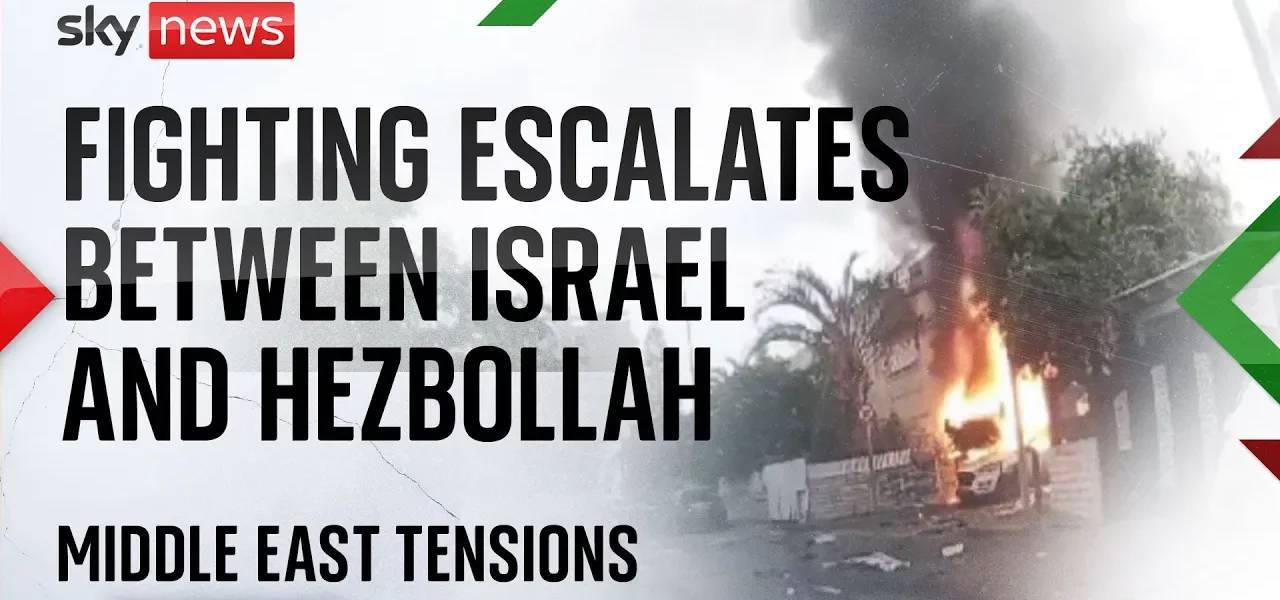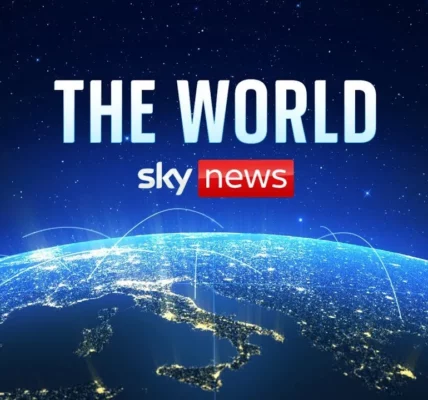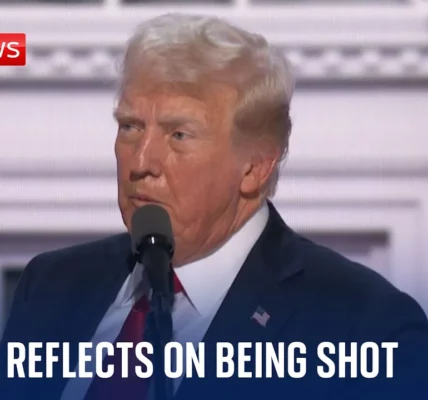Hezbollah Strikes Back: Analyzing the Recent Missile Attack on Israel

This article delves into the recent missile attack by Hezbollah on Israel, exploring the context, immediate consequences, and potential ramifications of this escalating conflict.
Introduction
On a Sunday morning that marked a pivotal moment in the ongoing Israel-Hezbollah conflict, Hezbollah launched a retaliatory strike against Israel, firing approximately 150 missiles. While the scale of the attack was less extensive than many anticipated, its implications are significant. The targeted city of Hyer experienced direct hits, resulting in destruction and survival against the backdrop of rising tensions. This article examines the events surrounding the attack, the responses from both sides, and the overarching geopolitical ramifications of this escalation.
The Attack: Details and Immediate Consequences
Hezbollah’s missile attack on Israel was characterized by precision and intent. The following subsections provide a deeper analysis of the attack’s specifics, including the targets and the immediate aftermath.
Hezbollah’s Strategy and Targeting
Hezbollah claimed that their missile strike aimed primarily at Israeli military bases. However, the reality on the ground revealed that residential areas were also heavily impacted. The targeting of Hyer indicated a shift in strategy, as Hezbollah aimed deeper into Israeli territory than in previous conflicts.
Destruction and Casualties
- Approximately 150 missiles were fired.
- Most missiles were intercepted, but two residential houses were hit.
- Witnesses reported significant trauma and chaos among civilians.
The attack resulted in widespread destruction. Eyewitness accounts described scenes of panic, with many fleeing from the chaos. Burnt vehicles littered the streets, showcasing the destructive power of the missiles. Although the majority of missiles were intercepted, the two houses that were struck led to a narrow escape for the occupants.
Reactions from Israel and Hezbollah
In the aftermath of the attack, both Israel and Hezbollah issued statements reflecting their positions and intentions moving forward.
Israel’s Response
The Israeli government convened an emergency cabinet meeting to discuss the escalating situation. Key points from their response included:
- No country can tolerate attacks on its civilians.
- Israel remains committed to defending its territory and citizens.
- Future military actions against Hezbollah are imminent.
Israeli President emphasized the need for decisive action against what he termed as a “terror organization” in Lebanon, further escalating the rhetoric surrounding the conflict.
Hezbollah’s Justification
Hezbollah portrayed the missile strike as a necessary response to ongoing Israeli aggression. They emphasized that this attack was merely a part of a broader strategy to retaliate against Israeli military actions. Hezbollah’s commitment to continue their operations indicates a potential for further escalation.
The Broader Implications and International Reactions
The recent missile strike raises critical questions about the future of the region, particularly concerning international relations and the potential for a wider conflict.
International Concerns
International observers have expressed grave concern regarding the escalation of hostilities. Key reactions include:
- Calls for immediate ceasefire negotiations.
- Warnings about the humanitarian impact on civilians in both Israel and Lebanon.
Prospects for Diplomacy
Despite the grave concerns voiced by the international community, there is currently no indication that diplomatic efforts are underway to de-escalate the situation. The cycle of retaliation between Hezbollah and Israel continues, with both sides demonstrating a reluctance to back down.
Conclusion
The missile attack by Hezbollah on Israel signifies a dangerous escalation in an already volatile situation. As both sides prepare for further confrontations, the risk of a broader conflict looms large. It is crucial for the international community to engage actively in seeking solutions to prevent a full-scale war. To stay updated on this developing story and related topics, consider exploring our other articles on regional conflicts and international relations.
“`




